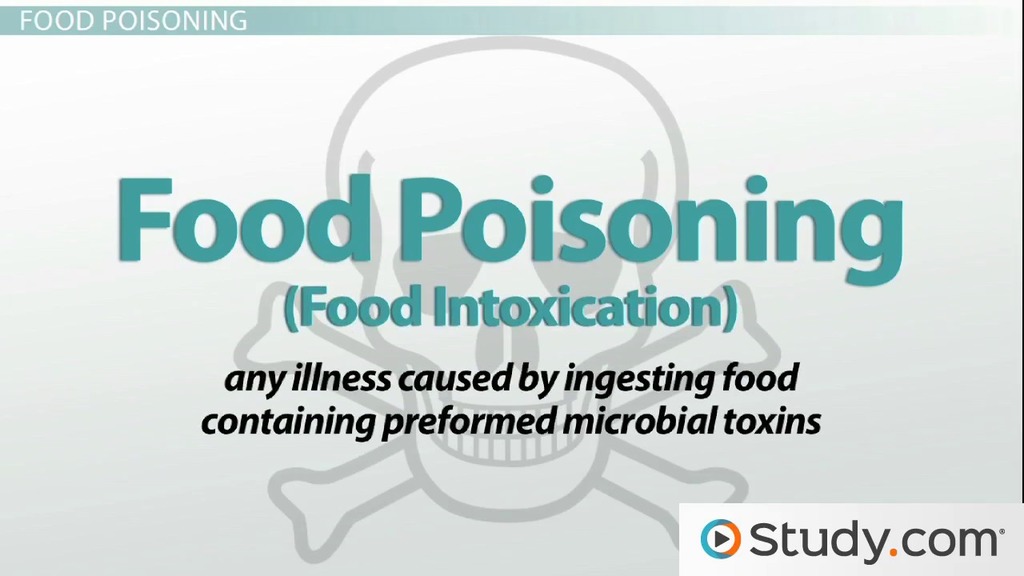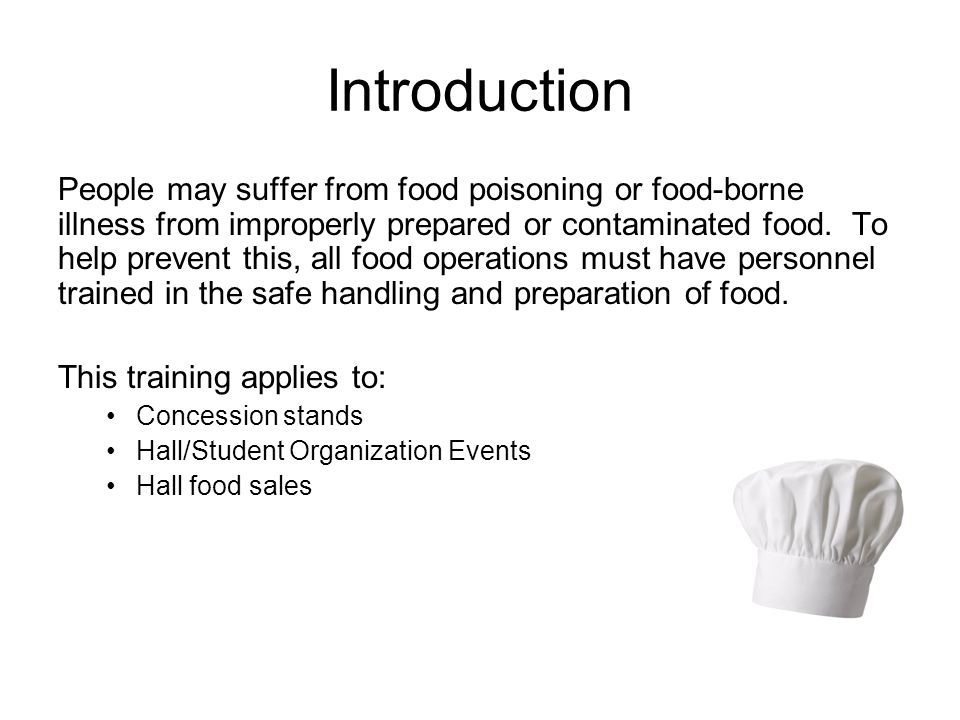A Food Poisoning Overview

A food poisoning overview will explain how to avoid this potentially life-threatening illness. In most cases, you will recover completely on your own within a few days. Only in very rare cases, such as in young children or the elderly, will inpatient treatment be necessary. The different causes of food poisoning and the risks associated with them will be explored in this article. To learn more about the symptoms of food poisoning, continue reading.
A food poisoning outbreak is usually caused by a contaminated food. Since bacteria can grow in almost any environment, food must be properly prepared and stored. Only after food is cooked at high temperatures can it be safely consumed. In addition to careful preparation, certain foods require high cooking temperatures and should be avoided entirely. Meats that require thorough preparation should be avoided at all costs, especially burgers, sausages, pork, and kebabs. If you think you’re acquiring food poisoning, you can try to keep track of the food you’ve consumed and if you’ve experienced diarrhea or vomiting, you should see a doctor.
In many cases, a food poisoning outbreak will have similar symptoms in every person. However, the underlying cause is different for everyone. While most cases of food poisoning are treatable at home, severe infections may need to be treated by a medical professional. While symptoms vary widely, it is important to drink plenty of water and avoid eating food contaminated with toxins. A physician can help you with this problem if you are not feeling well after eating the food.
The most common cause of food poisoning is contaminated food. Because bacteria can grow in just about any environment, proper storage and preparation is vital. Generally, a food is safe for consumption after it has been cooked to a high enough temperature to destroy bacteria. Nonetheless, a lot of food contamination is caused by improper preparation, so make sure to follow proper preparation instructions if you’re trying to avoid it. For starters, if you’ve recently eaten a certain type of contaminated product, you’re probably suffering from food poisoning. You should make sure to wash your hands before touching the food.
As foodborne outbreaks are common, it is important to be vigilant about the types and quantities of food you consume. Toxins can be caused by bacteria, algae, or even single-celled organisms. Pesticides can also be the source of food poisoning. Moreover, some people may be allergic to certain types of foods, including seafood, and should avoid them. Fortunately, there are several measures you can take to reduce the risk of suffering from these illnesses.

Despite the fact that food poisoning is often harmless, it can still be extremely uncomfortable. It usually lasts only a few days, depending on the type and amount of contaminated food. In severe cases, it may be necessary to seek medical care. Remember to drink plenty of water and drink plenty of liquids to keep your body hydrated. Your health is in your hands. It’s important to avoid any contact with people who are sick.
There are many different causes of food poisoning. You can get sick by eating contaminated food. Generally, mild cases resolve without treatment, but severe cases may require treatment. You can also drink plenty of water to help relieve symptoms. Regardless of how you contracted food poisoning, it is important to follow the diet plan and consult the website https://handaldok.com/. It is important to avoid eating foods that have gone bad or are contaminated with toxins.
The Food Poisoning Overview provides information about the symptoms of food poisoning and how to treat it. Symptoms of food poisoning are common and range from nausea to vomiting. In some cases, they can be life-threatening and you may need to seek medical attention if you suffer from this condition. If you have suffered from a foodborne illness, you can file a claim against the responsible party. In a successful lawsuit, you may be able to claim compensation for medical expenses, lost wages, and punitive damages.
The symptoms of food poisoning can be mild or severe. The most common symptom is vomiting. In more severe cases, you may experience diarrhea and vomiting. If you are suffering from food poisoning, you should consult your doctor to find out what treatment is needed. Fortunately, this is usually not life-threatening and can be treated at home. However, if you have an upset stomach, it is very important to drink plenty of water to avoid further infection.
